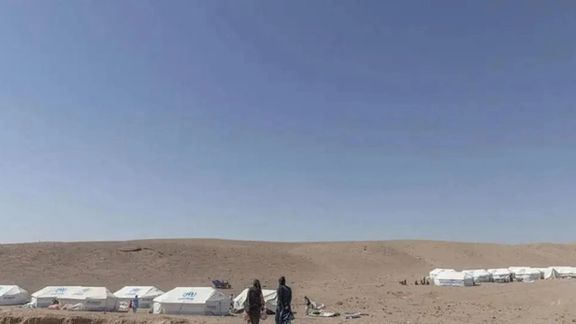These restrictions have seriously hindered the provision of essential services to those in need. In a new report on Thursday, OCHA said that in addition to the Taliban's restrictions, a lack of funds is also an obstacle to the process of providing aid to the needy in Afghanistan.
More than 70 of these restrictions have directly impacted women's role in the distribution of humanitarian aid and prevented them from actively participating in the process. The report said that the Taliban imposed nearly 100 new restrictions in 2024, six of which specifically targeted female participation (including requirements such as adherence to hijab, restrictions on women working in the field and salary reductions for female government employees).
OCHA stressed that the Taliban's strict laws for the promotion of virtue and the prevention of vice have intensified restrictions on Afghan women in humanitarian activities, which has led to a decrease in the process of delivering aid.
OCHA has announced that due to a lack of funds, 3.7 million people in Afghanistan have been deprived of basic services such as health and social services. OCHA warned that without financial support, people in need in remote areas of Afghanistan will be deprived of access to vital assistance.
OCHA also announced that in 2024, about 23.7 million people in Afghanistan will be in need of humanitarian assistance, of which 17 million are prioritised. The agency has requested a budget of 3.06 billion euros for these individuals, but so far only 31.4 percent of it has been funded.
After the Taliban regained control of Afghanistan in 2021, the country became one of the most critical regions in the world in terms of humanitarian needs. Following the fall of the previous government and the cessation of international aid, millions of people were severely deprived of basic services and rights. This situation particularly affected women and children, depriving them of access to education, health and other essential services.
By imposing strict laws, the Taliban has not only restricted women's participation in humanitarian activities, but has also affected the provision of aid to all groups. In this regard, international institutions are under pressure to seek solutions to meet humanitarian needs in Afghanistan despite security and political challenges.






